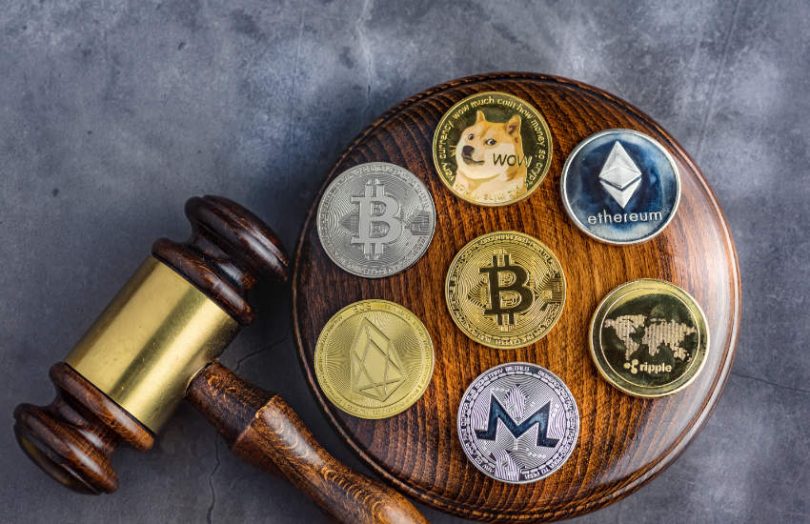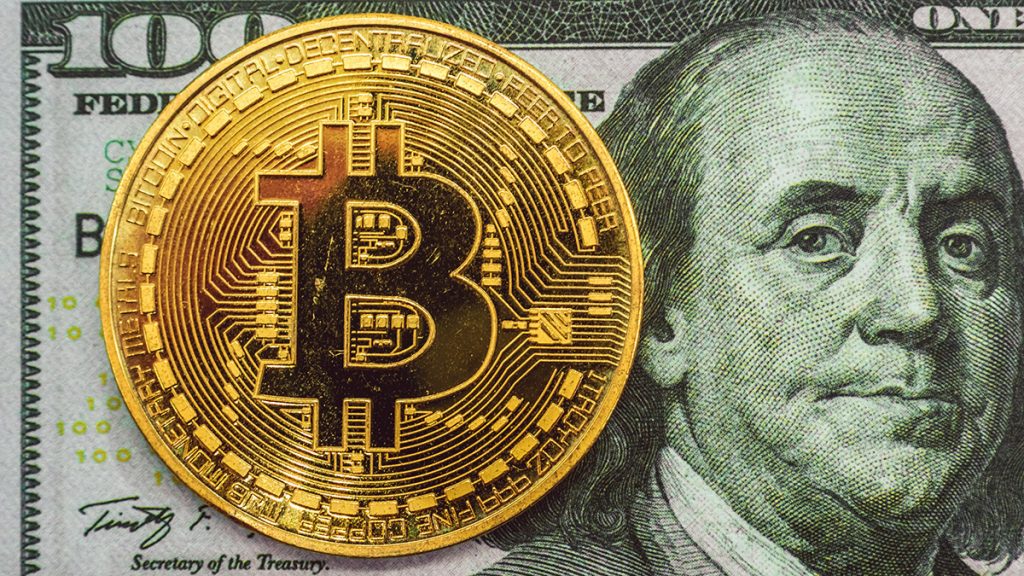
According to the World Economic Forum, no international rules regulate the cryptocurrency industry. Only a few countries have tried to implement some laws, but we are not there globally. On the other hand, we cannot ignore the increased popularity of cryptos.
Is the regulation of cryptocurrencies inevitable? If so, why is it essential to regulate this industry, and why has it been hard to do? These are some of the questions crypto investors and stakeholders have been asking over the years.
Keep reading this article to get answers!
During an interview with CNN, International Monetary Fund (IMF) Chief, Christine Largade, stated that it is inevitable to regulate the crypto market. She urged that this is an authoritative sector that truly needs proper supervision and international regulation.
At the 2018 World Government Summit in Dubai, she added that some illicit activity is probably associated with cryptocurrency. As a result, her team is working hard to prevent scammers from using these digital currencies in any finance terrorism or money laundering activities. She urged cryptocurrency regulators to pay more attention to activities than entities providing crypto services. For example, they need to check who is doing what, if they have a license, and whether they have a body monitoring them.
Since the launch of Bitcoin, the first crypto, in 2009, there have been no laws governing the industry. However, governments and central banks have started taking steps by keeping an eye on the industry to warn investors about potential scams.
For example, the US Securities and Exchange Commission and the Federal Bureau of Investigation handled a fraudulent case in December 2017 involving some crypto companies and traders. The government official who attended the summit agreed that more cryptocurrency regulations were underway. The US Treasury Secretary, Steven Mnuchin, said they encourage innovation and fintech. They also want to make the financial market safe and not a place of dark activities. The British Prime Minister echoed this statement by saying that her government will monitor cryptocurrencies because some criminals use them in fraudulent activities.

Why has it taken so long to regulate the blockchain market?
Firstly, cryptocurrency is a collection of binary data, and it is not tangible. On the other hand, people are familiar with concrete products in banking systems and stock markets. Developing a regulatory framework for this intangible market becomes a challenge.
Secondly, no one seems to understand the fundamental nature of cryptocurrencies. Are they commodities, assets, currencies, or securities? As a result, jurisdictions define them differently, making it challenging to develop the common law to monitor them.
The crypto market is also unpredictable. For example, in early November 2021, Bitcoin price was more than $67,000, but by mid-December, it had gone down to $48,324. So, how can such speculation be regulated?
Finally, the question of who will regulate this industry is still unclear. The reason is that cryptocurrencies are issued by individuals and not the Government or Central bank. So how will governments fit into this market and take control of the operations?

Even though it is challenging, it is crucial to understand why cryptocurrency needs to be regulated. These laws are necessary to protect investors and also prevent market manipulation. If you look at the crypto market, volatility is the order of the day. For instance, Bitcoin, which is the oldest and most popular crypto, rose to fame but currently has lost a considerable value. This is due to no official rules governing the market, affecting investors. Rules would help to reduce online fraud and cyber security risks. Cryptocurrency investment is prone to online fraud because hackers are all over. One such attack on an investor can lead to a significant loss. However, regulations can help investors protect their assets. They can air their concerns to the authorities in case of security threats. Cryptocurrency has been at the forefront of supporting money laundering activities due to its unregulated system. However, when an authority keeps an eye on the investors, they can reduce these activities. Authorities can do this by keeping track of investors’ real identities, what they are engaging in, and their location. With such information, criminals can be caught.

The cryptocurrency industry grows each day, making it impossible to escape its regulation needs. Governments and financial authorities have been avoiding this, but it is time for them to take action. Some have been brave and taken the first step, but more needs to be done. Even though it is a complex sector, there are numerous reasons why cryptocurrency needs to be regulated. It will help to protect investors and reduce online fraud and money laundering.
To find out how we use cookies, please read our cookie policy or click accept to continue.
Sign up for exclusive bonuses from Thecryptostrip